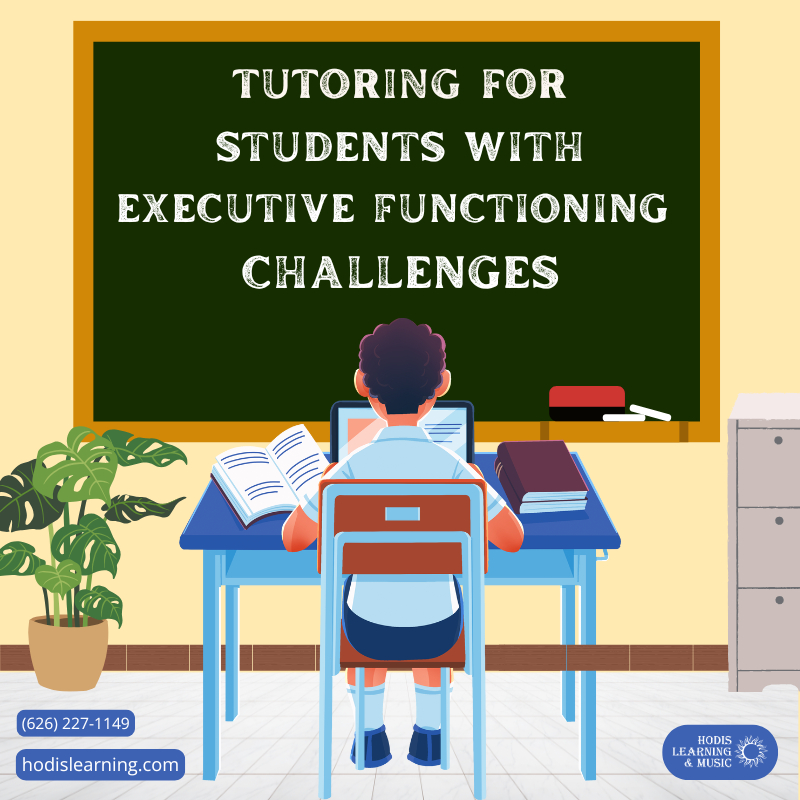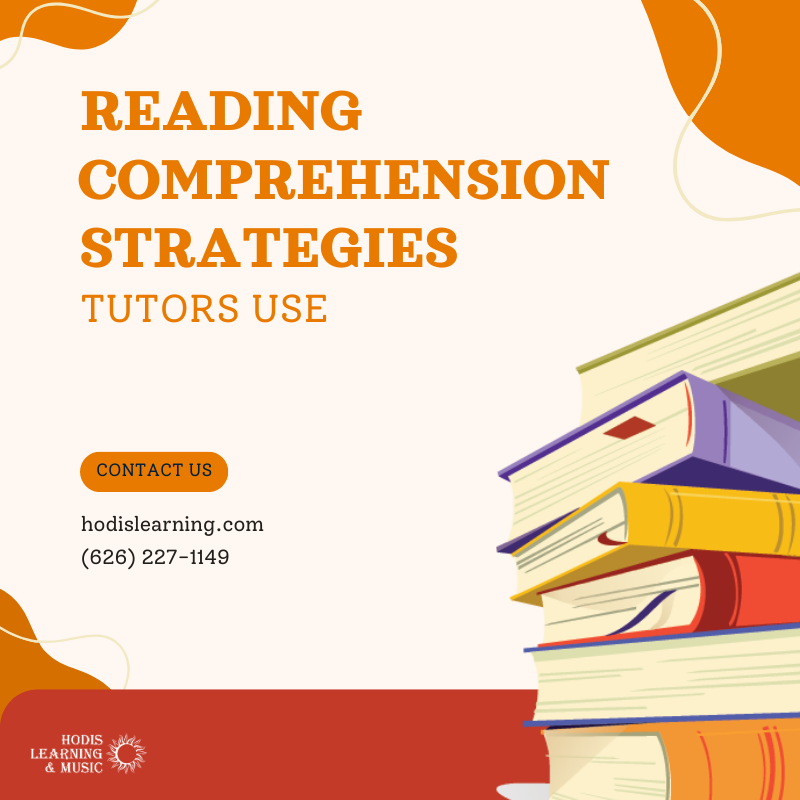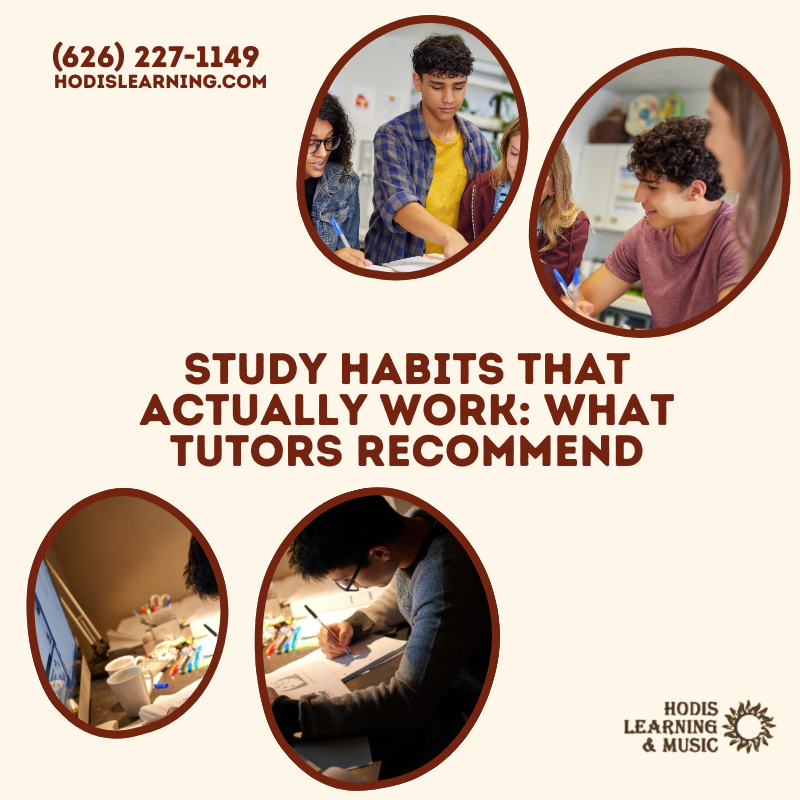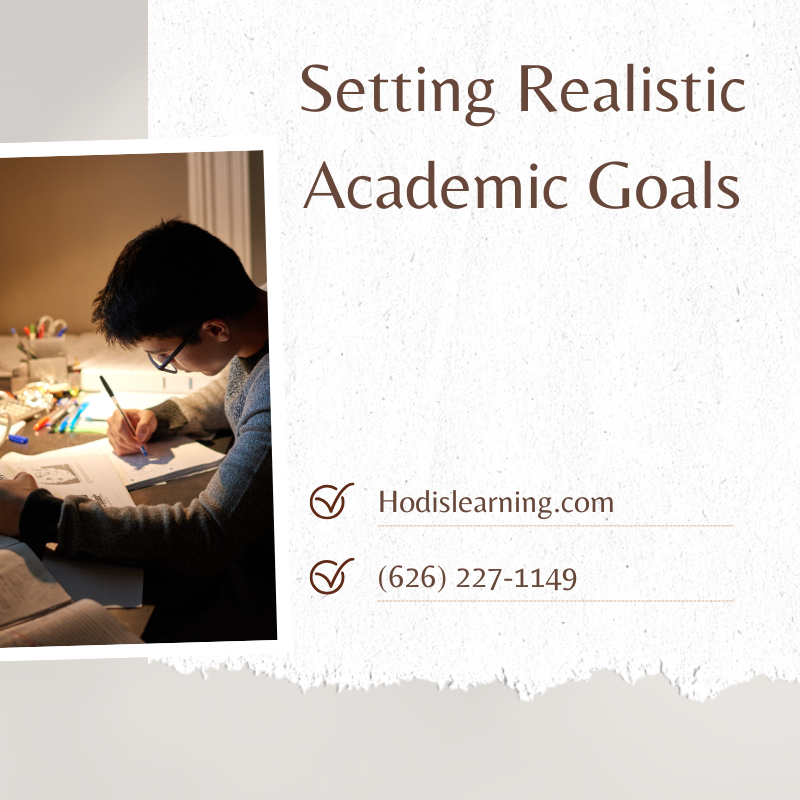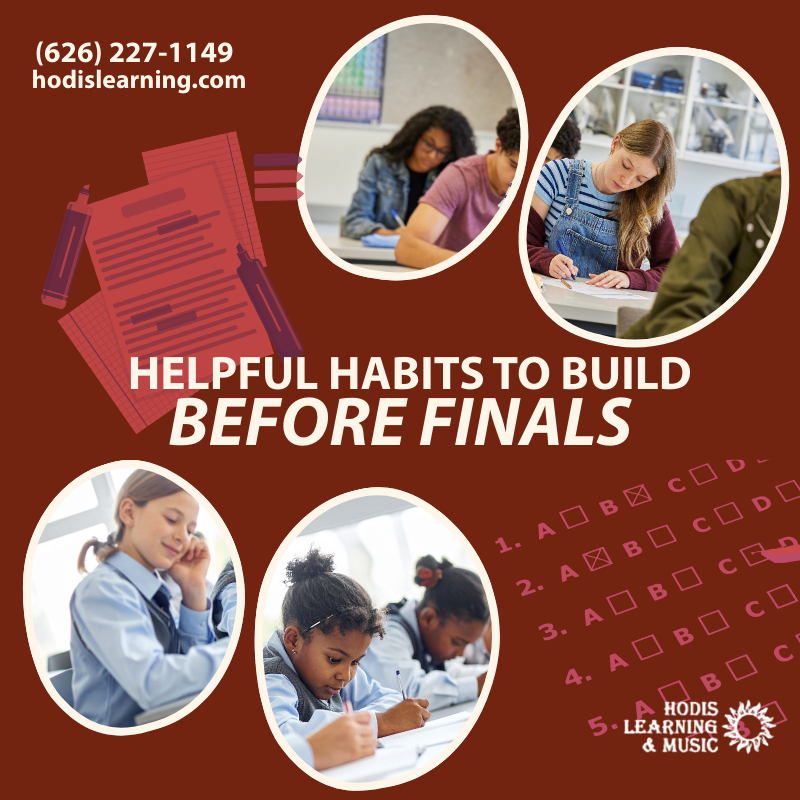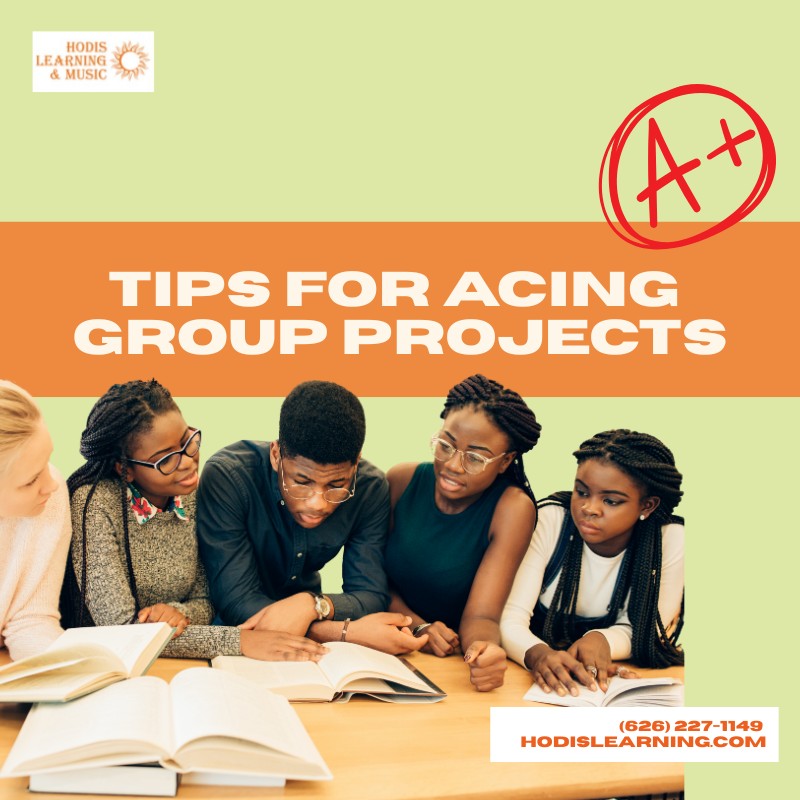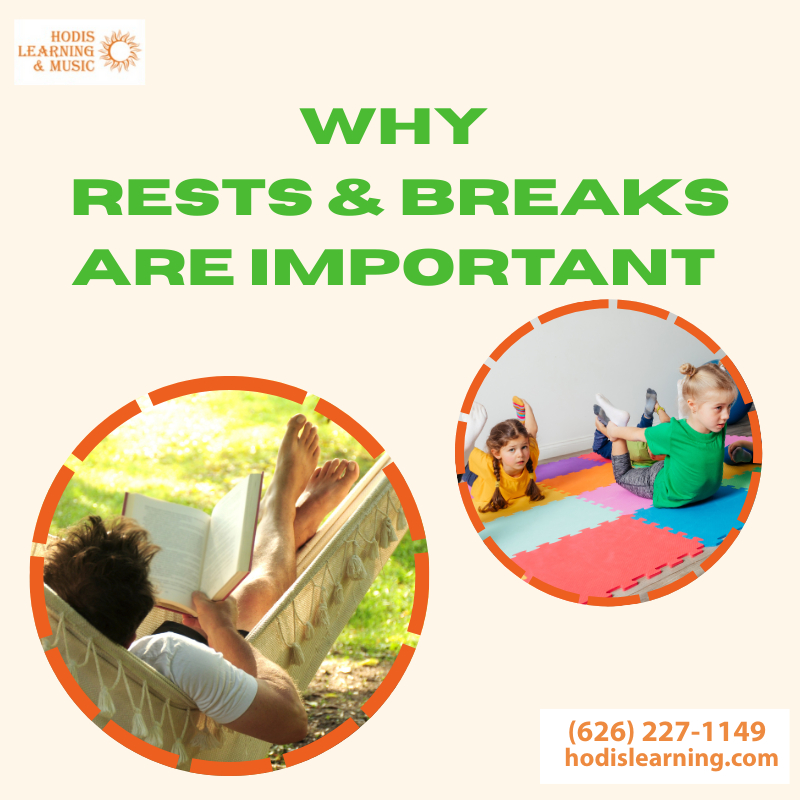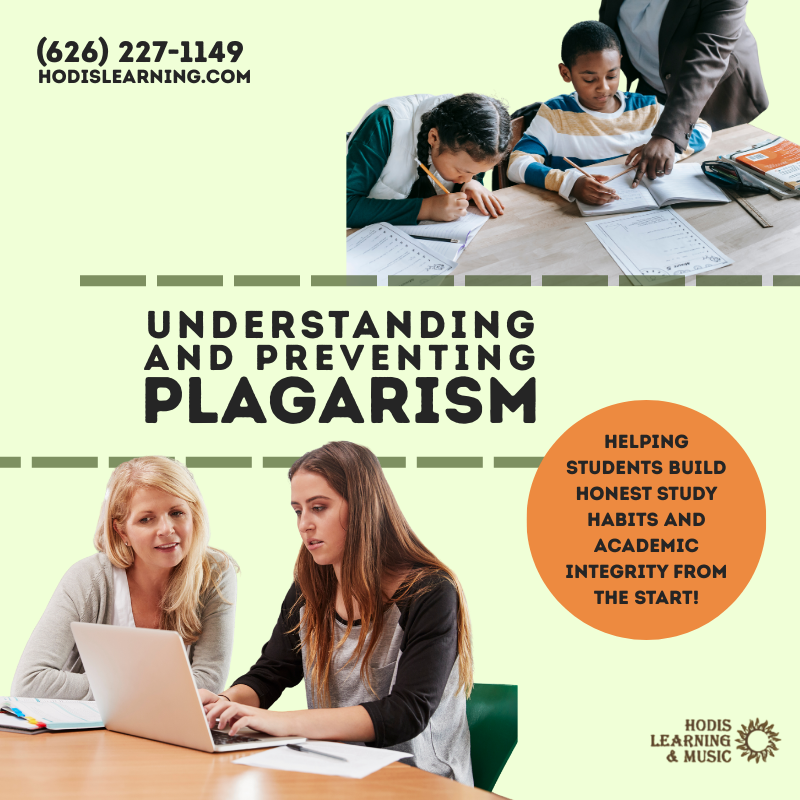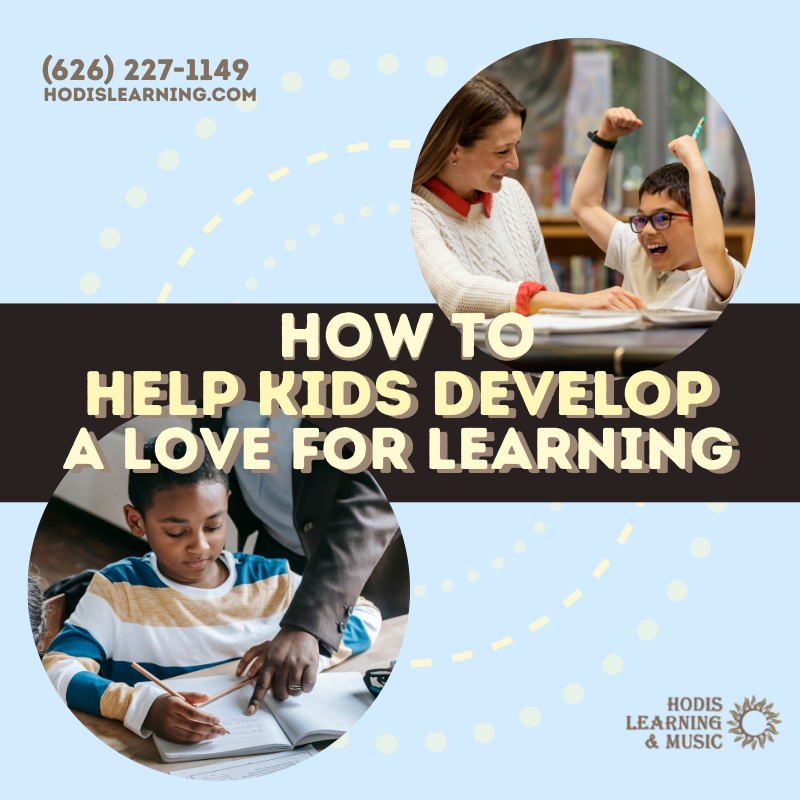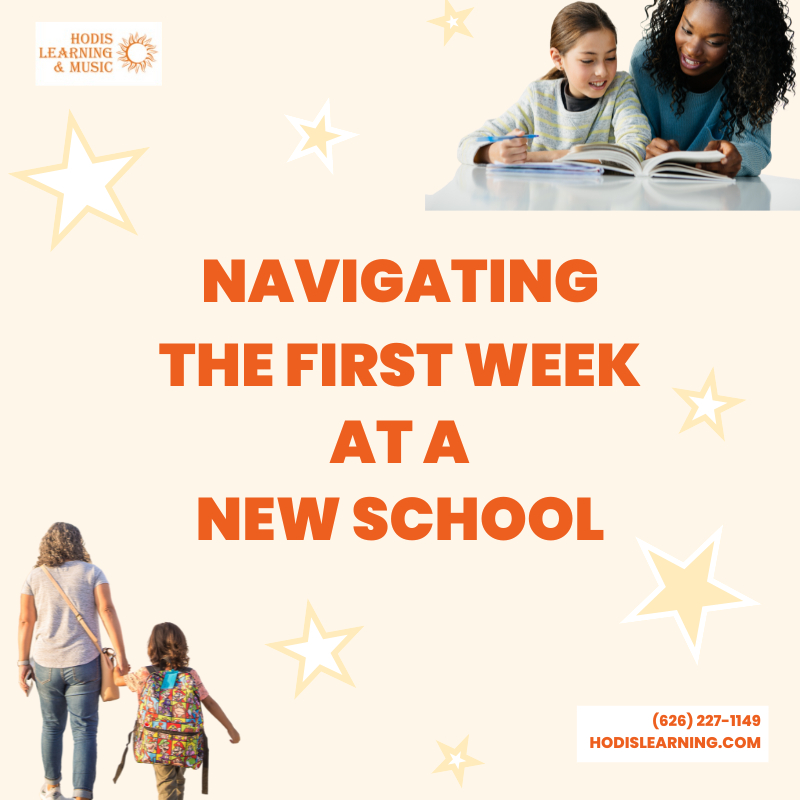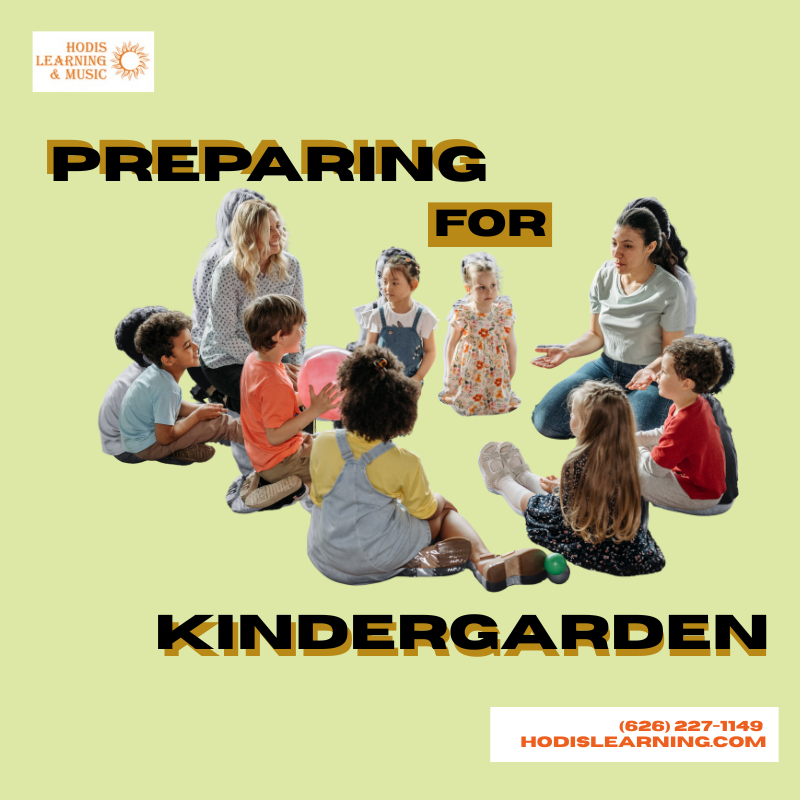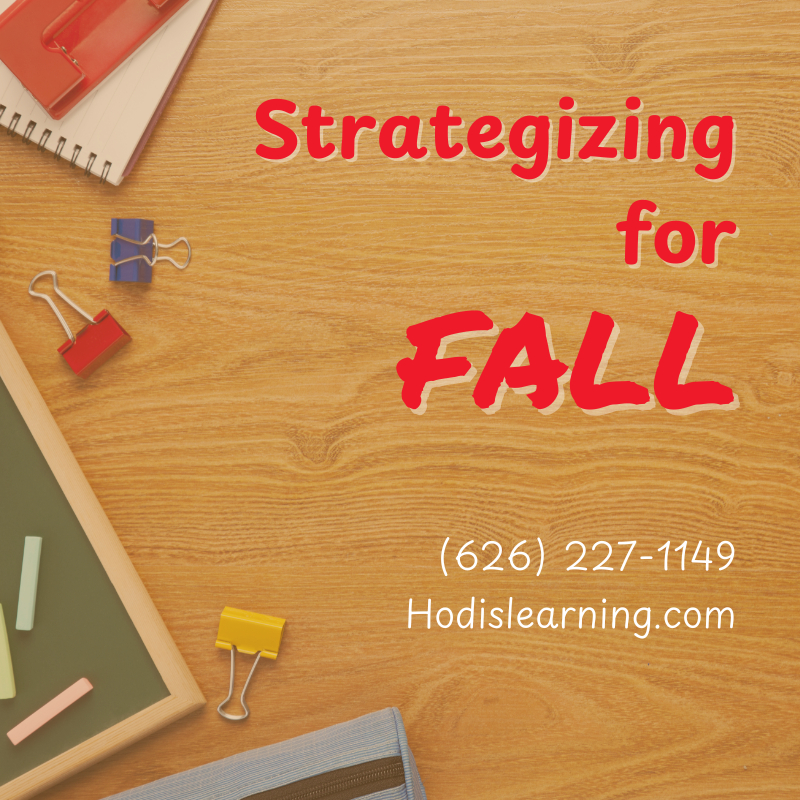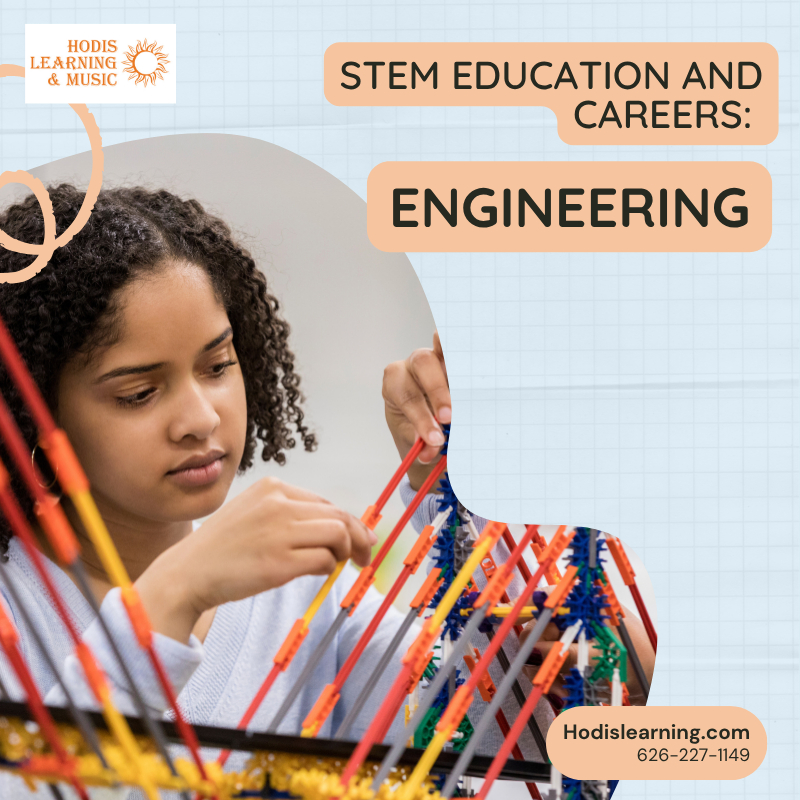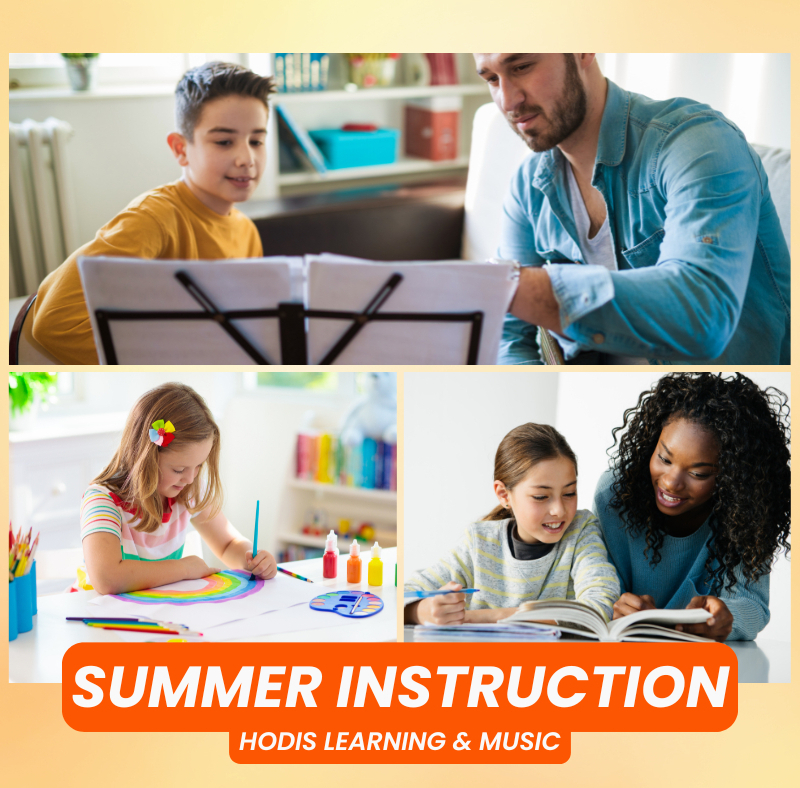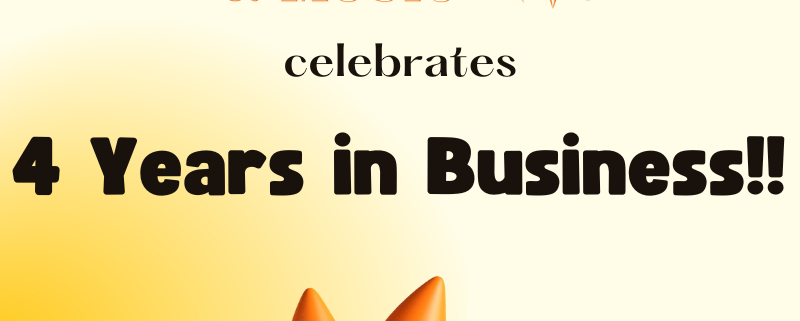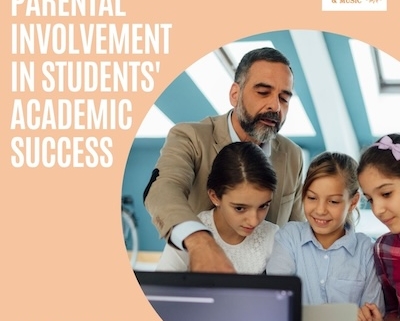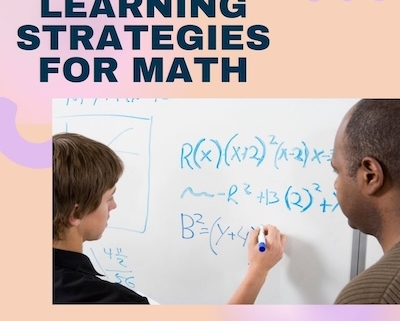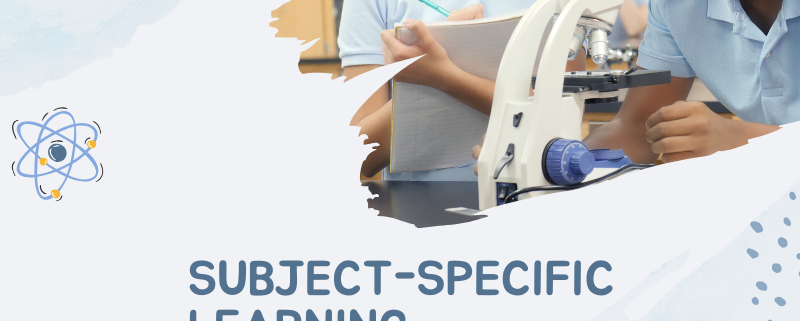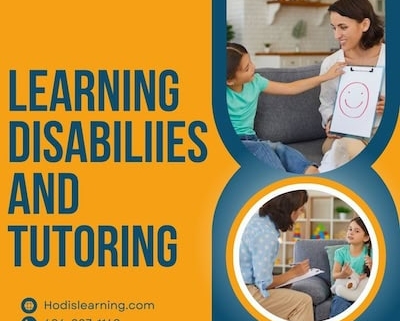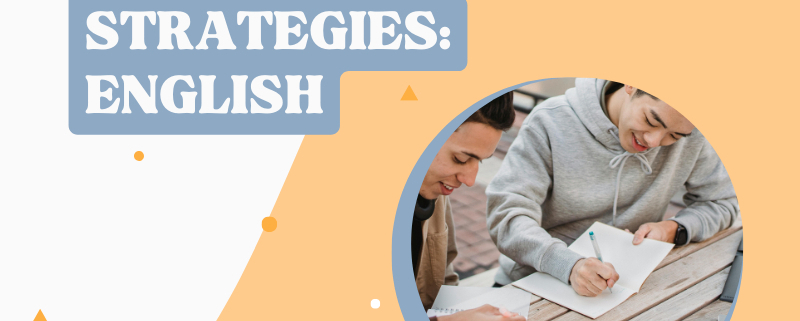If homework has turned into a nightly battle in your home, you’re not alone. Daily homework struggles are common and they’re often a signal that something needs to change, not that a child is “lazy” or “unmotivated.” Here’s how to start figuring out what’s really going on and what you can do to help.
Step Back and Look for the Real Problem
When homework is consistently difficult, it’s rarely just about the homework itself. Try to notice patterns:
- Does your child get overwhelmed as soon as they sit down?
- Are certain subjects much harder than others?
- Does homework take far longer than it should?
- Is your child frustrated, anxious, or shutting down?
These signs may point to gaps in understanding, weak study skills, attention challenges, or simple fatigue after a long school day.
Check for Gaps in Understanding
One of the most common causes of homework struggles is missing foundational skills. If a student didn’t fully grasp earlier material, new assignments can quickly feel impossible.
Instead of pushing through with reminders like “try harder,” ask questions such as:
- “Which part feels confusing?”
- “When did this start feeling hard?”
- “Can you show me where you get stuck?”
Sometimes a small gap, like weak multiplication facts or poor note-taking skills, can create big frustration later on.
Create a Homework Routine That Actually Works
A consistent routine can make homework feel more manageable, but it needs to fit your student and their needs.
Helpful things to consider:
- A regular start time (not too late in the evening)
- A quiet, distraction-free space
- Short work periods with breaks built in
- A clear endpoint so homework doesn’t drag on indefinitely
For some students, 20 focused minutes is far more productive than an hour of forced sitting.
Shift the Focus From Perfection to Progress
When homework becomes a struggle, kids often feel like they’re “bad at school.” That mindset can be just as damaging as the academic difficulty itself.
Try to praise effort, strategies, and improvement rather than correct answers alone. Statements like:
- “I like how you kept going even when it was tricky”
- “You asked a great question”
- “Let’s figure this out together”
These messages help reduce anxiety and build confidence over time.
When Extra Help Makes a Difference
If homework battles are happening daily despite routine changes and encouragement, extra academic support can be a powerful next step.
A tutor doesn’t just help a student get through homework. A good tutor works to understand why homework feels so hard in the first place and helps address underlying issues, such as:
- Gaps in foundational skills
- Difficulty understanding classroom instruction
- Weak study, organization, or time-management habits
- Low confidence or school-related anxiety
Tutoring provides a low-pressure space where students can ask questions freely, get concepts explained in a way that makes sense to them, and build the skills they need to work more independently. Over time, this often leads to less stress at home, improved academic performance, and a more positive attitude toward school.
Considering a Tutor for Homework Help?
Homework is meant to reinforce learning, not cause nightly stress, tears, or power struggles. At Hodis Learning & Music, we work with students to make homework more manageable by strengthening skills, building confidence, and creating personalized learning strategies that actually work.
If homework has become a daily struggle in your home, you don’t have to navigate it alone. Call us at (626) 227-1149 or submit a contact form to learn more about our tutoring programs and how we can support your child’s success.


